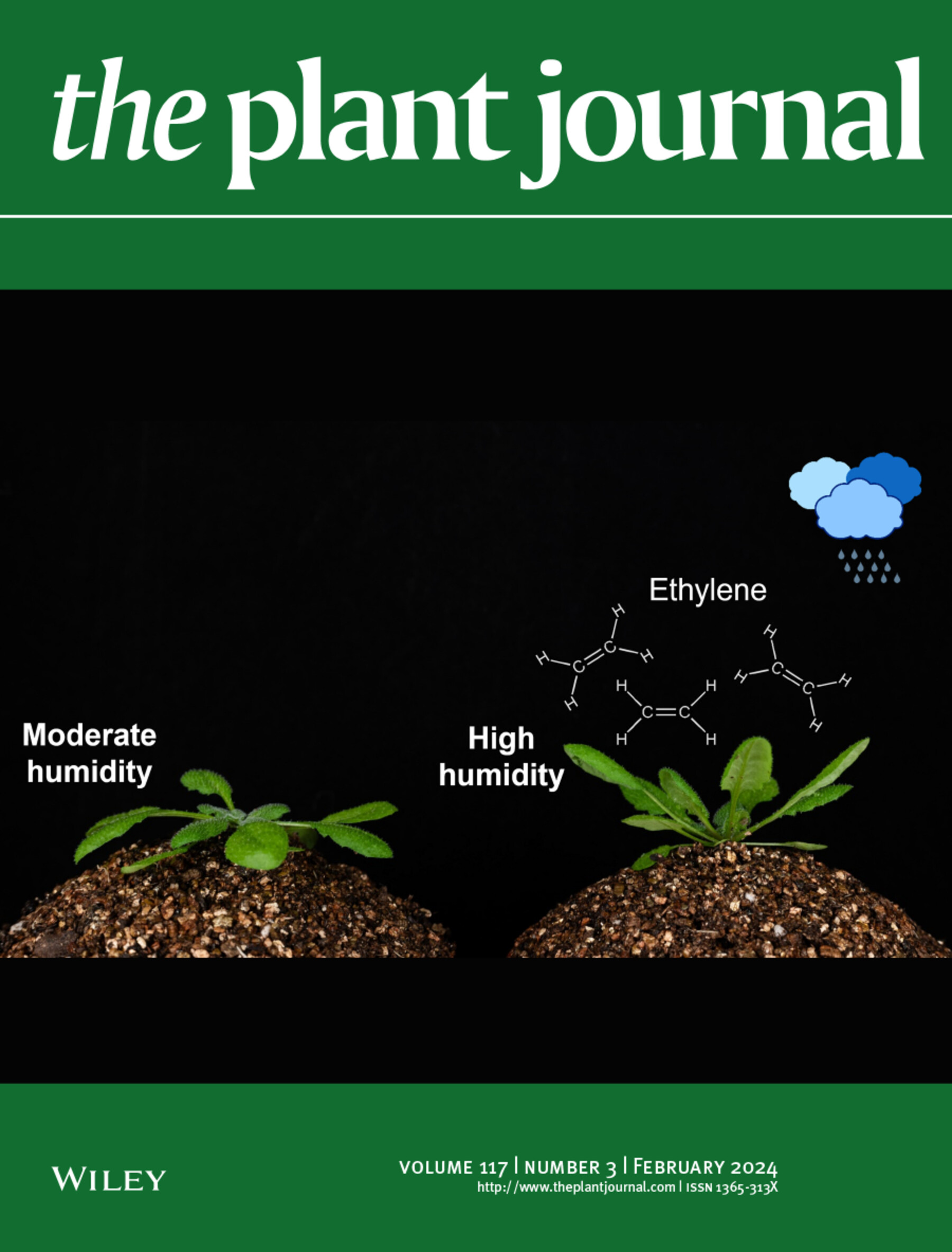Rapid degradation of ACLA, a subunit of ATP citrate lyase, via autophagy and 26S proteasome pathways to promote pepper growth-to-tolerance transition under heat stress
Abstract
Citric acid in plant cells is crucial for growth as it serves as a precursor to multiple essential compounds. It also helps plants tolerate high temperatures. However, the mechanisms remain unclear regarding how citric acid balances its role in promoting growth and protecting against stress. We identified an ACLA protein, a subunit of ATP citrate lyase (ACL) in pepper (Capsicum annuum), that converts cytosolic citric acid into acetyl-CoA. Silencing ACLA reduced citric acid metabolites, leading to stunted growth and decreased heat tolerance. Conversely, ACLA-2 overexpression increased acetyl-CoA metabolites but reduced citric acid levels, which also led to reduced heat tolerance. However, applying exogenous citrate significantly improved the heat tolerance of ACLA-overexpressing plants compared with wild-types. This suggests that citric acid plays a dual role in the synthesis of structural components and in enhancing heat stress resistance. When plants are subjected to heat stress, ACL is rapidly degraded within 1 min. Treatments with E64d and MG132 demonstrated that autophagy and the 26S proteasome pathway contribute to this degradation. This dynamic degradation precisely regulates the dual role of ACL in growth and stress responses, indicating a novel mechanism by which plant cells rapidly adapt to environmental changes through the degradation of key enzymes.

 求助内容:
求助内容: 应助结果提醒方式:
应助结果提醒方式:


